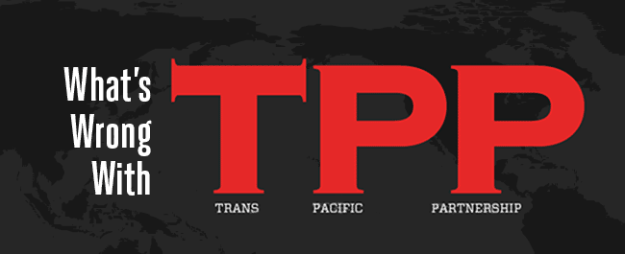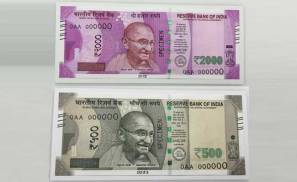
(First Published in the Libertatem Magazine)
Ritvik M. Kulkarni, III BSL LLB, ILS Law College, Pune
A new chapter of the Trans-Pacific Partnership (TPP) was leaked by WikiLeaks on March 25th 2015[1]. Through this chapter, the US wants to introduce an Investor-State Dispute Settlement mechanism (ISDS). The TPP is a notoriously secretive trading between United States, Mexico, Canada, Australia, Malaysia, Chile, Singapore, Peru, Vietnam, New Zealand and Brunei Darussalam. According to WikiLeaks, the parties to this trading arrangement constitute 40% of the world’s GDP.
The new ISDS Chapter deals with the mechanism, procedure and principles of the settlement of claims of expropriation and other breach of obligations brought by investors of a Contracting Party against another Contracting Party. Apart from the TPP, free trade agreements like the North American Free Trade Agreement[2] (NAFTA), Central American Free Trade Agreement (CAFTA) and bilateral free trade agreements require arbitration proceedings to be held in secret through the International Centre for Settlement of Investment Disputes (ICSID). This means that there will be no available precedents for future use.
The ISDS Chapter provides that an investor shall have a cause of action in case of “denial of justice”, i.e. if the investor is aggrieved by domestic courts’ decision(s). While clarifying on its stand on the adoption of ISDS, the Office of the US Trade Representative has stated that a “neutral” ISDS arbitration will be more just as “the potential for bias can be high in situations where a foreign investor is seeking to redress injury in a domestic court”. There are two problems with this statement.
Continue reading →



